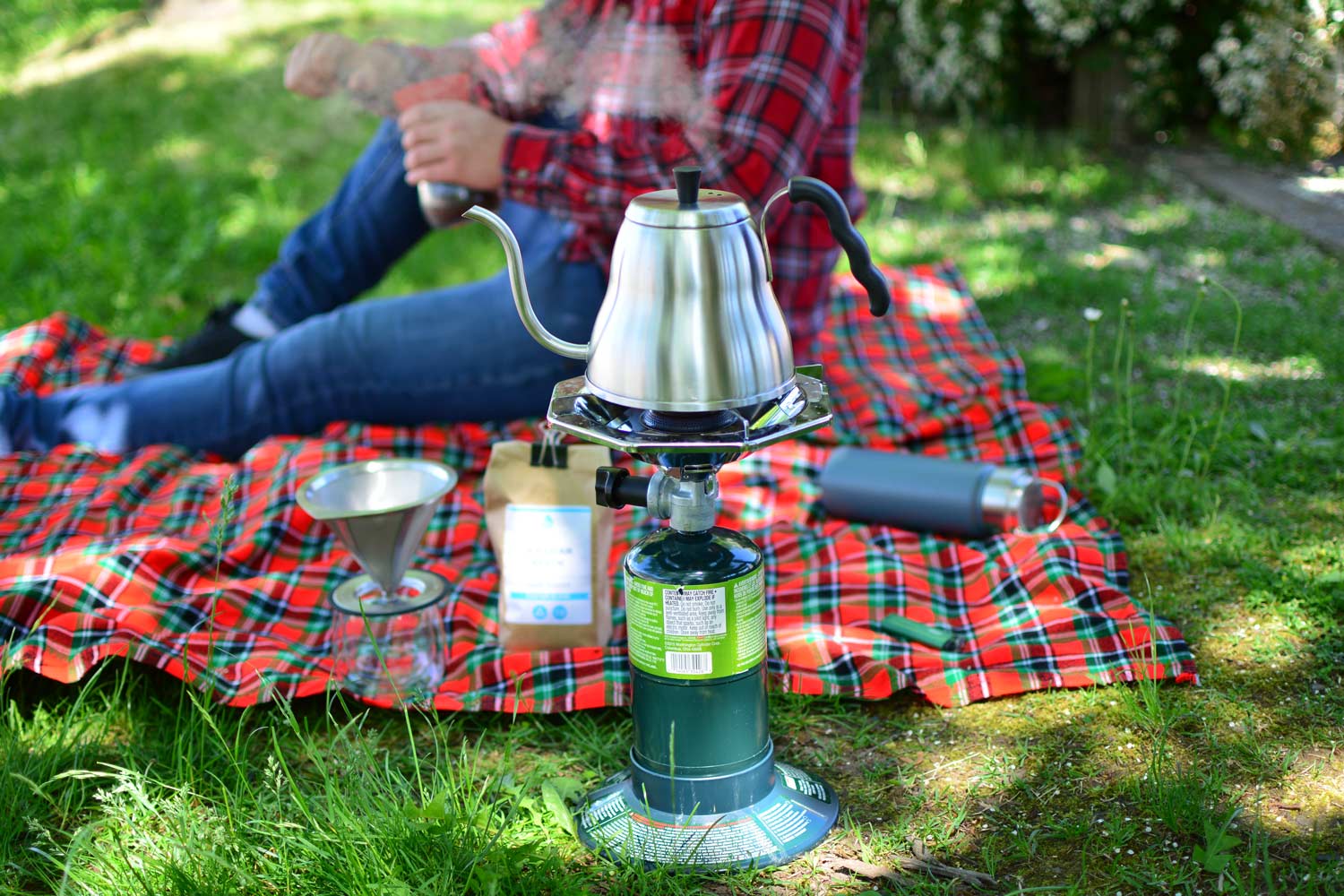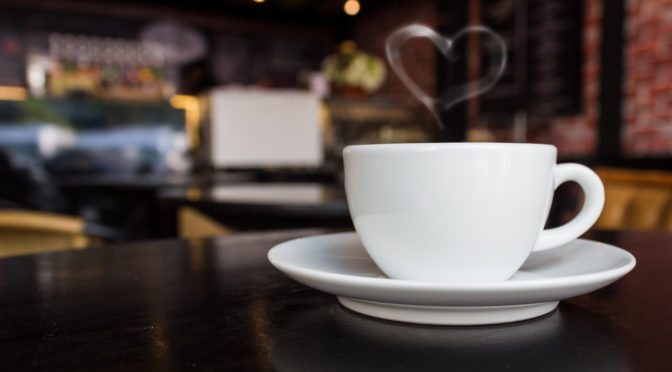Aside from a coffee beans origin and growing environment, different coffee roast types can also ignite various bean flavours. These flavours, along with the colour of the bean, develop from the internal temperature the bean reaches during the roasting process. To accomplish a light roast, the beans stay at lower temperatures while dark roasts reach much higher internal temperatures. The darker the roast, the less caffeine, acidity and origin flavours it will contain.
Coffee beans require a unique balance of temperature and time to reach its optimal aroma, acidity, body and flavour.
Whether it be a light roast or dark roast, it's your job to decide what kind you fancy best. Some people prefer strong coffee while others enjoy more of a milder taste- it's all a matter of personal preference. Below we've curated a list of characteristics of each roast to help you find the flavour that’s best suited for you.
Coffee Roast Types
Light Roasts
- Colour: light brown
- Taste: light body & grainy
- Cup Characteristics: welcoming and flavourful cup
- Acidity level: distinct/ pronounced
- Texture: dry with no oil
- Caffeine: Contains the most caffeine
- Internal temperature: 180 degrees C- 205 degrees C
- Common names: Light City, Half City, Cinnamon Roast
“First Crack”- at or around 205 degrees C, the beans pop or crack and expand in size.
Light roast means the bean has not been roasted past the “first crack”.
Try our: Costa Rica Rainforest

Medium Roasts
- Colour: medium brown
- Taste: more body than light roast & no grainy tastes giving it a more balanced flavour and aroma
- Cup Characteristics: smooth and balanced
- Texture: dry with no oil
- Acidity level: balanced acidity
- Caffeine: Less caffeine than light roast but more than dark
- Internal temperature: 210 degrees C - 220 degrees C
- Common names: Regular Roast, American Roast, Breakfast Roast
Medium roast means the bean has been roasted between the end of the first crack and before the “second crack”.
Try our: Kona Blend

Medium- Dark Roasts
- Colour: darker in colour
- Taste: heavier body than light and medium roasts – flavours and aromas become noticeable and taste becomes somewhat spicy
- Cup Characteristics: smooth and balanced with a little spice
- Texture: some oil starting on the surface
- Acidity level: less acidity
- Caffeine: less caffeine
- Internal temperature: 225 degrees C – 230 degrees C
- Common names: Fully City Roast, After Dinner Roast, Vienna Roast
Medium-dark roast means the beans are roasted to the beginning or middle of the “second crack”.
Try our: Mocha Java

Dark Roasts
- Colour: dark like chocolate & can even look black
- Taste: bitter, smoky or even burnt taste
- Cup Characteristics: full-bodied and bold robust flavours
- Texture: shine of oil on the surface
- Acidity level: dramatically decreased
- Caffeine: dramatically decreased
- Roasting temperature: 240 degrees C – 250 degrees C
- Common names: French Roast, Italian Roast, Continental Roast
Dark roast means the beans are roasted close to the end of the “second crack”.
Try our: Peruvian Special Dark Roast

Now that we understand the different roasts, let's summarize what we've just learned. The lighter the roast, the more caffeine, and acidity it will contain. Dark roasts tend to be oily while light roasts are dry. The longer the beans are roasted, the more they lose their original flavour and instead take on the flavour of the roasting process. And finally, the body of the coffee gets heavier until the "second crack", where the body thins again.
So there you have it- the four main coffee roast types. Which one do you like best? Let us know in the comments below.
Up Next: The Five Best Camping Accessories



Leave a comment
This site is protected by hCaptcha and the hCaptcha Privacy Policy and Terms of Service apply.